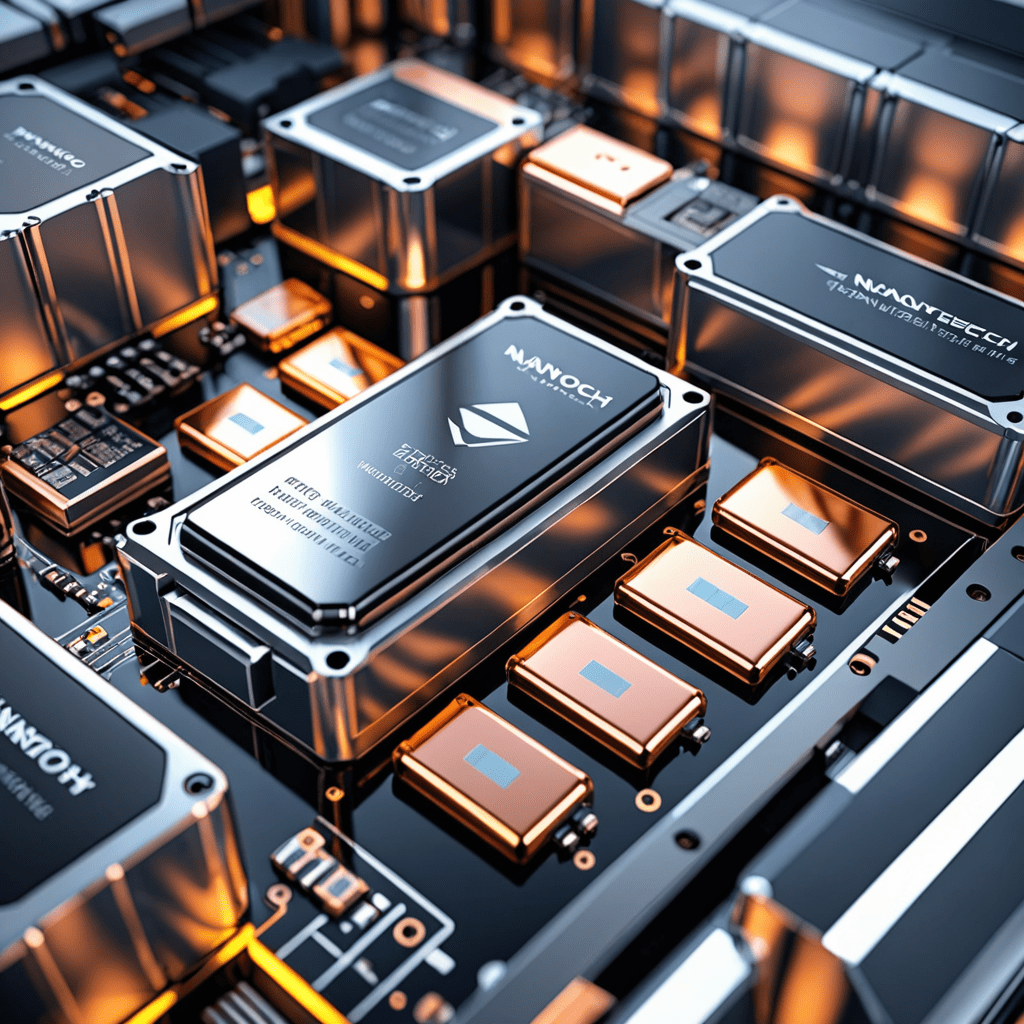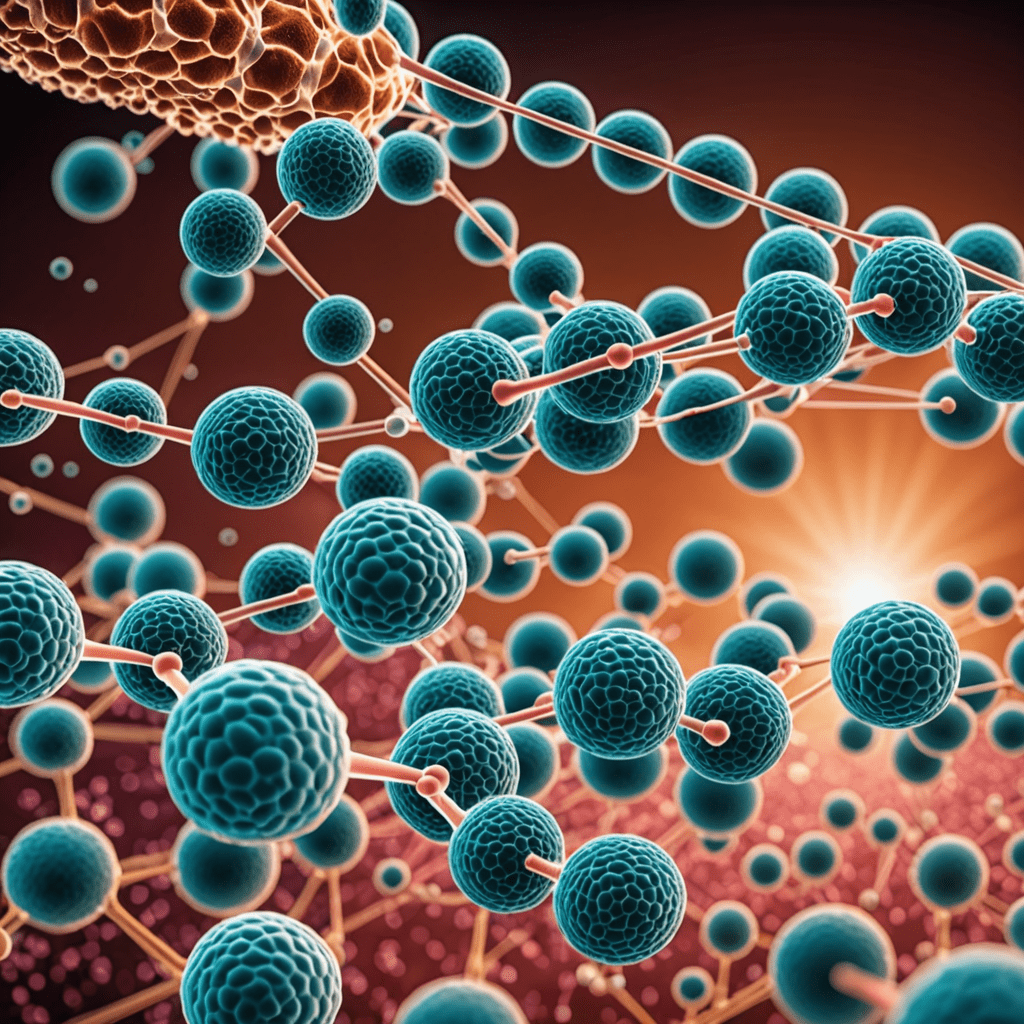Nanotechnology in Smart Agriculture: Precision Farming with Nanotech
Nanotechnology is revolutionizing the agricultural sector by offering innovative solutions to enhance productivity and sustainability. Precision farming, empowered by nanotech applications, is reshaping traditional agricultural practices and leading to more efficient and environmentally friendly methods of food production.
The Role of Nanotechnology in Agriculture
Nanotechnology involves manipulating materials at an atomic and molecular scale to create new functionalities. In agriculture, nanotech enables the development of nanofertilizers, nanopesticides, and nanosensors, which have shown promising results in improving crop yield, pest control, and soil health.
Nanofertilizers: Boosting Nutrient Efficiency
Nanofertilizers are engineered to deliver nutrients directly to plant roots, enhancing their uptake efficiency. This targeted delivery system reduces the amount of fertilizer needed and minimizes nutrient runoff, ultimately increasing crop yield while mitigating environmental impact.
Nanopesticides: Enhancing Pest Management
Nanopesticides utilize nano-sized particles to deliver pesticides precisely to targeted areas, reducing the amount of chemicals used while effectively controlling pests. This targeted approach minimizes environmental pollution and protects beneficial insects, promoting sustainable pest management practices.
Nanosensors: Monitoring Crop Health
Nanosensors play a crucial role in smart agriculture by providing real-time data on soil conditions, plant health, and environmental factors. These sensors enable farmers to make informed decisions about irrigation, fertilization, and pest management, optimizing resource utilization and crop production.
The Benefits of Nanotechnology in Smart Agriculture
By harnessing the power of nanotechnology, smart agriculture offers numerous benefits such as increased crop yields, reduced environmental impact, improved resource efficiency, and enhanced food quality. The precise and targeted nature of nanotech applications contributes to sustainable agriculture practices.
Challenges and Future Prospects
Despite its immense potential, nanotechnology in agriculture faces challenges related to regulatory framework, public acceptance, and potential environmental risks. However, ongoing research and collaborations aim to address these concerns and further explore the possibilities of nanotech in shaping the future of smart agriculture.
Conclusion
In conclusion, nanotechnology is driving innovation in smart agriculture, paving the way for sustainable and efficient farming practices. With continuous advancements and strategic implementation, nanotech solutions hold the key to addressing the challenges of modern agriculture while ensuring food security and environmental stewardship.
FAQs about Nanotechnology in Smart Agriculture
What is nanotechnology in smart agriculture?
Nanotechnology in smart agriculture involves the application of nanoscience and nanotechnology in farming practices to enhance productivity, efficiency, and sustainability.
How does nanotech benefit precision farming in agriculture?
Nanotechnology enables precision farming by providing targeted delivery of nutrients, pesticides, and water to crops, monitoring soil conditions in real-time, and enhancing crop resilience to diseases and environmental stressors.
What are some examples of nanotech applications in agriculture?
Examples include nano-fertilizers for improved nutrient uptake, nanosensors for assessing crop health, nanopesticides for targeted pest control, and nanomaterials for soil remediation and water purification in agriculture.
Is nanotechnology safe for use in agriculture?
Extensive research is being conducted to ensure the safety of nanotechnology in agriculture. Regulations and guidelines are in place to assess and manage any potential risks associated with the use of nanotech in farming.
How can farmers adopt nanotechnology in their agricultural practices?
Farmers can adopt nanotechnology by staying updated on the latest developments, collaborating with researchers and experts in the field, and gradually integrating nanotech-based solutions into their farming operations for enhanced productivity and sustainability.


